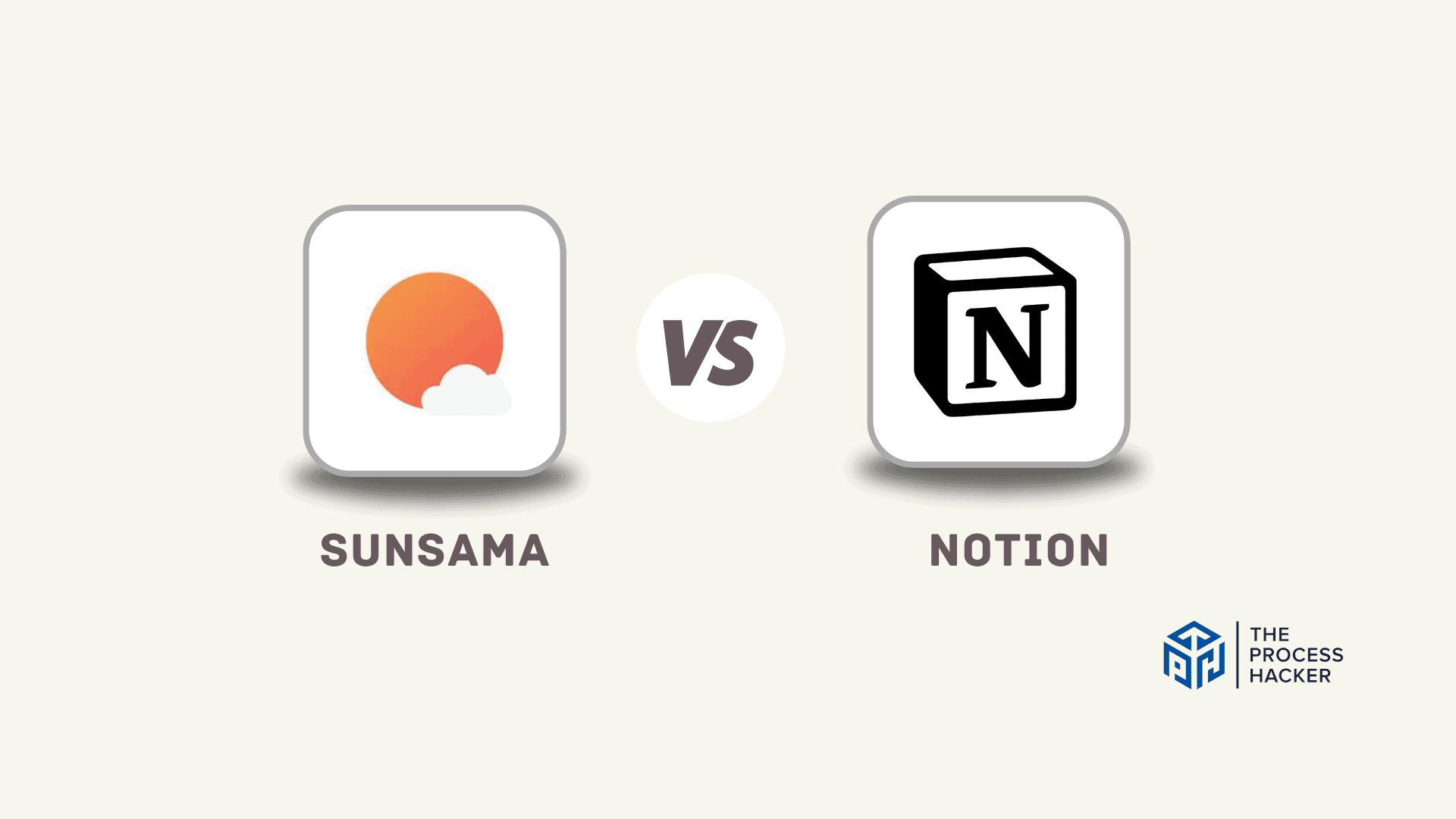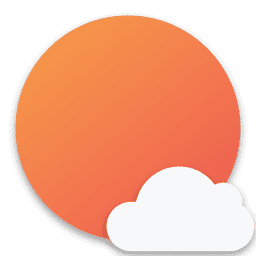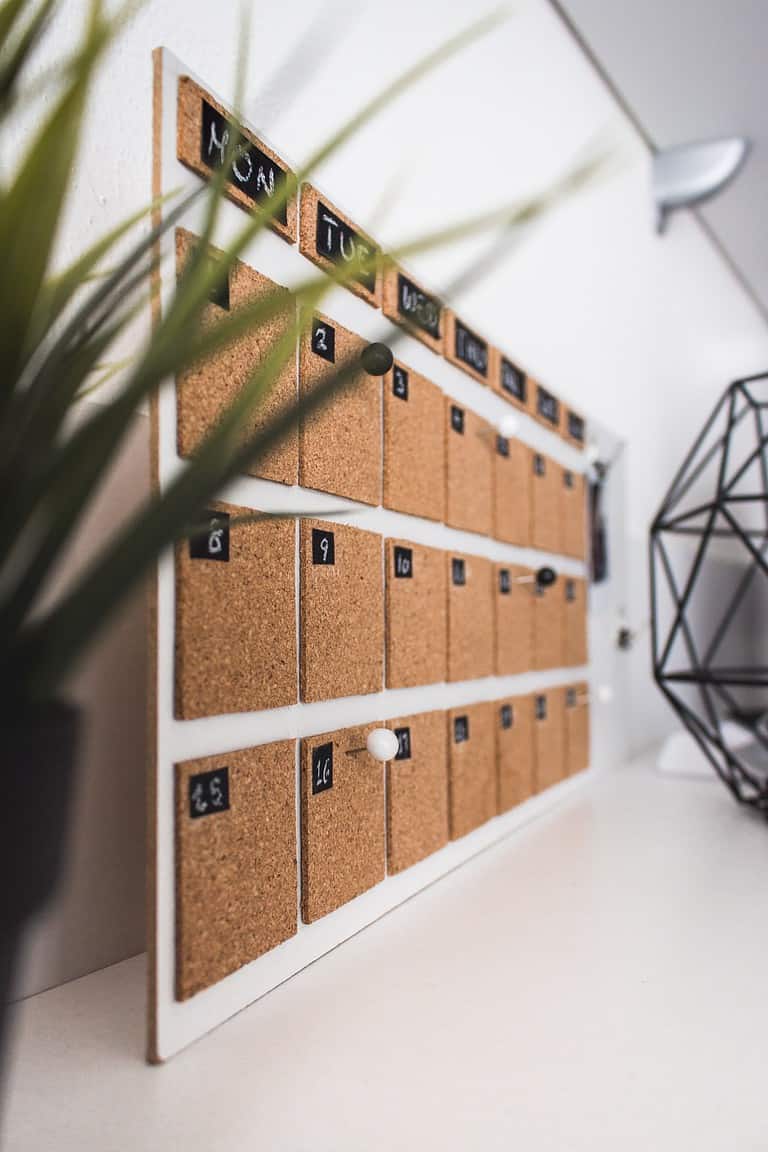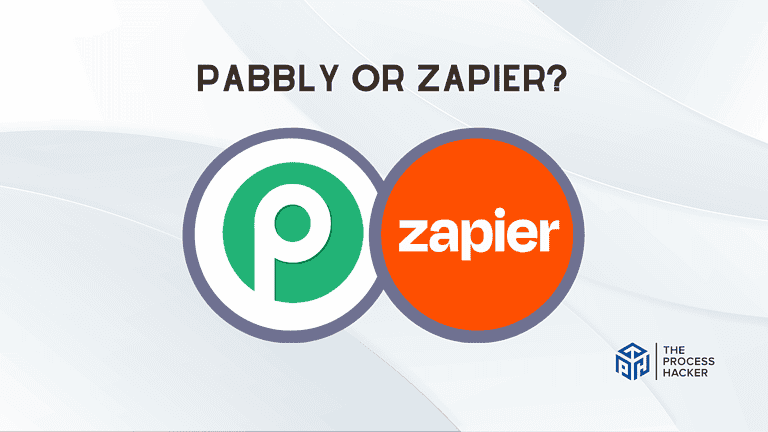Sunsama vs Notion: Which Task & Project Management Tool is Better?
Are you a busy entrepreneur or small business owner trying to juggle multiple tasks, projects, and deadlines all at once?
If so, you’re likely on the hunt for the perfect task and project management tool to streamline your workflow and keep you organized. There are two popular options that stand out amongst other productivity tools: Sunsama and Notion!
Both offer a host of features designed to help you stay on top of your to-do list and collaborate with your team seamlessly. But which one reigns supreme?
If you purchase through our partner links, we get paid for the referral at no additional cost to you! For more information, visit my disclosure page.
In this blog post, we’ll compare Sunsama and Notion head-to-head to determine which tool is best suited for entrepreneurs and small business owners looking to boost their productivity and take their business processes to the next level.
So buckle up, because we’re about to dive deep into the world of task and project management software to pick the right app for your business!
Brief Overview: Sunsama vs Notion
First, I’ll give you a quick overview of Sunsama and Notion:
Sunsama
Sunsama is a daily planner focused on helping you organize your tasks and actually get them done. It guides you to intentionally plan out your workday, encouraging a balance between focus and flexibility.
Key Selling Points:
- Time-blocking focus: Build your day by scheduling specific tasks
- Integrations with popular existing tools: Sync your Google Calendar, email, and other apps
- Mindful productivity approach: Promotes healthy work habits
Notion
Notion is an all-in-one software workspace that offers endless possibilities. It’s like a digital Lego set – you can build databases, take notes, manage time and projects, and design custom dashboards.
Key Selling Points:
- Ultimate flexibility: Create the exact system you need, tailored to your workflow
- Collaboration-friendly: Work with teams and share project information easily
- Everything in one place: Centralize notes, files, and tasks
Quick Verdict: Sunsama vs Notion
If you’re looking for a tool that seamlessly merges your calendar with task management to structure your day effectively, Sunsama is the way to go.
Sunsama offers a unique daily planning feature that helps you align your tasks with your calendar, ensuring you never overbook yourself and always know what’s next. It’s particularly beneficial for those who need to visualize their day in a structured format, offering integration with other tools to keep all your information in one place.
This makes Sunsama an excellent choice for professionals who need a clear, day-oriented task management system.
If you need a platform that adapts to varied project needs and grows with your team, Notion excels in this area.
Notion provides an extensive range of tools and features that allow you to tailor your workspace extensively. With the help of Zapier, Notion is also one of the best LinkedIn automation tools in the market. From AI project management to knowledge base creation, Notion supports a variety of work styles and processes.
It’s ideal for those who want the flexibility to design their productivity systems, offering capabilities that range from simple note-taking to complex database management.
Product Overview: Sunsama vs Notion
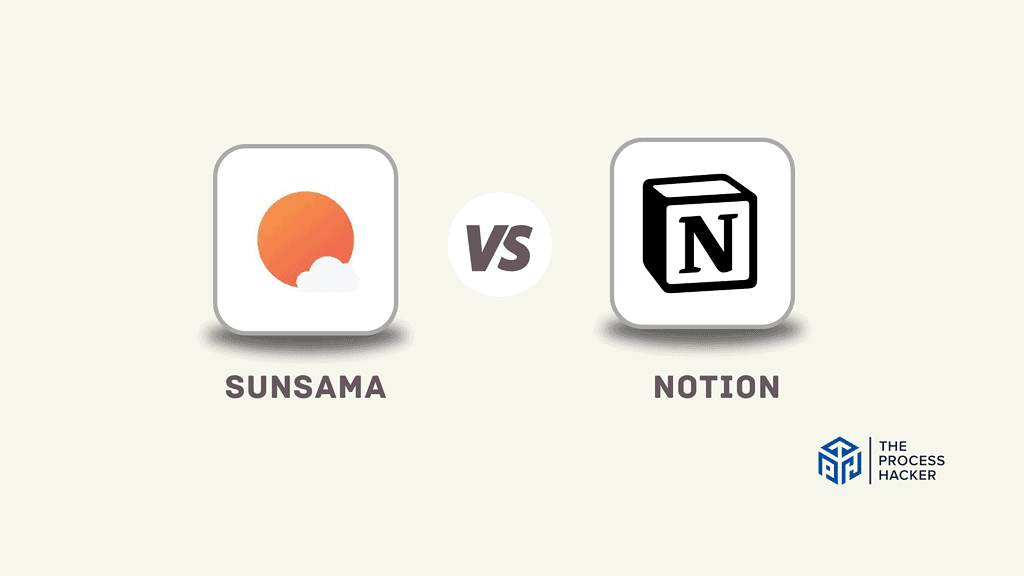
What is it?
Sunsama is a focused daily planner and task manager that integrates seamlessly with your calendar, designed to help you organize your workday efficiently. It’s like having a personal assistant that not only keeps track of what you need to do but also when you’re going to do it.
Notion is a versatile workspace that combines AI note-taking, database management, project tracking, and task management into one intuitive platform. It’s akin to a multi-tool for your digital life, adaptable to a wide variety of uses, from personal projects like planning trips and DIY furniture making to team collaboration.
Who is it for?
Sunsama is ideal for professionals and teams who need a structured approach to their day. If you thrive on meticulously planning your tasks around your calendar events and prefer a guided focus on daily priorities, Sunsama will feel tailor-made for you.
Notion, on the other hand, suits those who crave flexibility and customization in their organizational tools. Whether you’re a student juggling multiple projects, a freelancer managing diverse clients, or a company coordinating across departments, Notion’s adaptability makes it a powerful ally. It is also one of the best AI tools for college students.
What makes it special?
Sunsama sets itself apart with its unique integration of tasks and calendars, promoting a methodical approach to task management. This alignment ensures that you not only plan what you need to accomplish but also allocate specific time to these tasks, enhancing productivity.
Notion shines in its unparalleled customization and versatility. With its expansive template library and the ability to create virtually any type of document or database, Notion empowers you to design a workspace that perfectly fits your pre-set workflow automation.
What does it do?
Sunsama encourages a daily ritual of planning and prioritization, allowing you to drag and drop tasks from various project management tools into your daily agenda. It then blends these tasks with your calendar appointments, providing a clear overview of your day at a glance.
Notion operates as an all-in-one workspace where you can write, plan, collaborate, and organize. You can take notes, add tasks, manage projects, and more, all within a highly customizable environment. Its flexibility means you can set it up to work exactly how you need it to, whether tracking a simple to-do list or running a complex project with your team. That is why Notion is dubbed one of the best knowledge management tools in the market.
Quick Comparison: Sunsama vs Notion
| Key Features | Sunsama | Notion |
|---|---|---|
| #1) Pricing | Tie | Tie |
| #2) Free Plan | Winner | |
| #3) Design & Functionality | Tie | Tie |
| #4) Task Management | Winner | |
| #5) Project Management | Winner | |
| #6) Calendar Integration | Tie | Tie |
| #7) Customization Options | Winner | |
| #8) Collaboration Tools | Winner | |
| Overall | For Task Management | For Project Management |
Feature Comparison: Sunsama vs Notion
Let’s compare the features of these task and project management apps so you can make the right decision for you and your business.
#1) Pricing
Sunsama operates on a simple subscription model. You’ll pay $20 per month (or save a bit with an annual plan), and that unlocks all of their features. No per-user fees or hidden tiers to worry about.
Notion offers a free plan with basic functionality, making it a great way to test things out. Their paid plans are based on the number of users. If you’re a solo user, you’ll pay $10 per month for the Plus Plan with an additional $10 per month for AI, which opens up more possibilities.
So, who wins the pricing battle? It depends on your needs. If you want a predictable cost and don’t mind paying upfront, Sunsama’s straightforward pricing is appealing. Notion’s free plan is fantastic for trying before you buy, and its per-user model benefits teams.
Verdict: For pricing, it’s a tie! Notion is a budget-friendly way to get started, while Sunsama offers a clear cost structure without surprises.
#2) Free Plan
Sunsama takes a unique approach by not offering a traditional free plan. Instead, they provide a 14-day trial, giving you full access to test all the features before committing. This trial period allows you to dive deep into what Sunsama offers and decide if it fits your daily planning and task management needs.
Notion, on the other hand, welcomes you with open arms into its free Personal Plan, designed specifically for individual use. This plan includes unlimited pages and blocks, making it versatile for personal projects and tasks. It’s an attractive option if you’re looking to organize your work and life without any upfront investment.
When choosing based on the availability of a free plan, Notion takes the lead if you’re eager to manage time and tasks without dipping into your budget. The unlimited nature of its free offering is hard to beat, especially for personal use or small projects. Sunsama’s trial period is generous, but the absence of a perpetual free tier means you’ll need to decide on its value within those two weeks.
Verdict: For the free plan, Notion stands out as the go-to choice for its robust, cost-free offering that supports personal productivity seamlessly.
#3) Design & Functionality
Sunsama showcases a sleek and intuitive design, focusing on helping you plan your day with ease. The interface encourages a daily planning ritual, blending calendar events with tasks across various platforms. It’s particularly effective if you focus on what needs to be done today, with less emphasis on long-term project management.
Notion, in contrast, offers a highly customizable workspace where you can create, manage, and organize tasks, notes, databases, and more. The flexibility is unmatched, allowing you to tailor the space to exactly what you need, whether for personal use or collaborating with a team. However, this level of customization can be overwhelming for new starters.
When deciding which is better regarding design and functionality, it comes down to your personal preference and specific needs. If you prefer a focused approach to daily planning with an elegant design, Sunsama might be your pick. But if you’re after versatility and the ability to customize your task management and note-taking space, Notion could be more up your alley.
Verdict: For design and functionality, it’s a tie. Choose Sunsama for its focused and streamlined daily planning, or go with Notion if customization and versatility for project management are top priorities for you.
#4) Task Management
Sunsama is all about daily task scheduling and execution. It encourages you to break down your to-do list, focus on your most essential tasks for the day, and time-block their completion. This helps combat overwhelm and promotes a healthy workflow with mindful breaks.
Notion also offers task management features, but it’s more about building a system that fits your needs. You could create to-do lists, sophisticated Kanban boards, or customize a unique system based on your preferences.
So, who’s the task management champion? Sunsama is the winner if you want a system that takes the guesswork out of what to do next and helps you stay on track. Notion is fantastic if you need granular control and want to design a highly-customized task management system.
Verdict: Sunsama wins if you want a streamlined approach to task management, while Notion takes the crown if you’re into customization.
#5) Project Management
Sunsama is primarily focused on daily task management. While you can link tasks to larger projects, it doesn’t have robust project management features like timelines, Gantt charts, or dependency tracking.
Notion shines in this area. Its flexibility allows you to create custom project databases, timelines, or Kanban boards tailored to your needs. You can link individual tasks to projects, set deadlines, track progress, and get a big-picture view of what’s happening.
Determining which tool is better for project management depends on your specific needs. If you focus on daily and weekly task alignment with your overall project goals, Sunsama offers structured clarity that can enhance your productivity. However, if you need a tool that accommodates detailed, long-term planning with customizable project spaces, Notion provides the comprehensive features and flexibility that make it superior.
Verdict: Notion is the preferred choice for project management, especially if you seek extensive customization and the ability to manage various project complexities over longer timeframes.
#6) Calendar Integration
Sunsama thrives on seamlessly integrating with your digital calendar. It pulls in events from Google Calendar, Outlook, and more, aligning them with your daily tasks. This integration ensures you can plan your day precisely, understanding at a glance both your scheduled events and what tasks you need to tackle.
Notion offers calendar functionality, but there’s a whole new Notion Calendar app to support it, integrating it with external calendars. You can set up your calendars for tracking deadlines or planning projects. While this works well within Notion’s ecosystem, it doesn’t offer the same level of maturity of the digital calendar as Sunsama does.
When choosing which tool does calendar integration better, both tools have strengths. Sunsam’a ability to blend your tasks and calendar events into one streamlined view makes it incredibly effective for day-to-day planning. Conversely, I really like the new Notion Calendar app, which helps me plan my day and take meetings.
Verdict: For calendar integration, it’s a tie. Both apps seamlessly connect with your external calendars, providing a comprehensive overview of your day and making managing your time and tasks easier.
#7) Customization Options
Sunsama provides some customization to tailor the experience to your preferences. You can change the look of your workspace, set work hours, and create custom “channels” to organize tasks. However, the core focus remains on their guided approach to task management.
Notion is built with customization at its heart. It’s like a box of digital Legos – you can design whatever system works best for you. Create custom databases, templates, and dashboards, and link everything together to build a workspace that perfectly mirrors your workflow.
And the customization champion is… Notion! If you enjoy crafting a highly tailored system, Notion gives you the tools to make your ideal workspace a reality. Sunsama offers a streamlined approach but with less flexibility.
Verdict: Notion is the clear winner for customization, empowering you to personalize your workspace completely.
#8) Team Collaboration Tools
Sunsama aims to streamline not just your personal workflow but also the way you collaborate with your team. It allows you to share your daily tasks and calendars, making aligning priorities and deadlines easy for every team member. This shared visibility fosters a sense of accountability and helps teams synchronize their efforts effectively.
Notion takes collaboration further by offering robust AI SEO and productivity tools designed for team projects, content creation, AI marketing, and documentation. With Notion, you can collaborate in real time, leave comments, assign tasks, and easily manage permissions. Its versatile platform supports everything from project management to knowledge bases, making it an all-in-one workspace for teams.
When comparing the collaboration tools of both platforms, Notion emerges as the more robust option. Its comprehensive suite of features caters to a broader range of collaborative needs, from task delegation to creating shared resources. If fostering team collaboration within a versatile environment is key, Notion provides the productivity tools to keep everyone connected and informed.
Verdict: For collaboration tools, Notion is the better choice. Its extensive capabilities in facilitating teamwork across various project types and its flexibility in managing shared content automation make it superior for teams looking for an integrated and collaborative workspace.
Final Thoughts on Sunsama vs Notion
Reflecting on both Sunsama and Notion, each productivity tool has strengths tailored to different needs.
Sunsama shines as the go-to for task management with its streamlined calendar integration and focus on daily planning. It’s ideal for you if keeping track of daily tasks or timeboxing alongside your calendar events in a cohesive manner is what you need to stay productive.
On the other hand, Notion stands out for its robust project management capabilities. Its unparalleled customization options and comprehensive collaboration tools make it perfect for managing larger projects and teamwork. If you want to create a versatile workspace that adapts to your project’s needs and facilitates team collaboration, Notion is your best bet.
Thus, I recommend Sunsama to optimize personal overall productivity and daily task management. If you’re managing complex projects and requiring a flexible, collaborative environment, Notion is the better choice.
Both great tools offer unique benefits, so choose the one that aligns with your specific business automation needs, and you will be successful!

